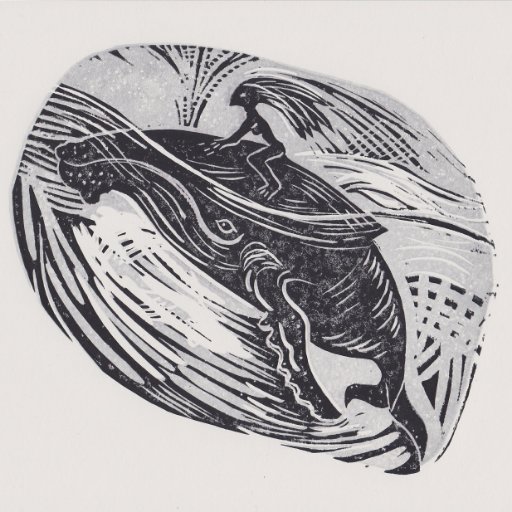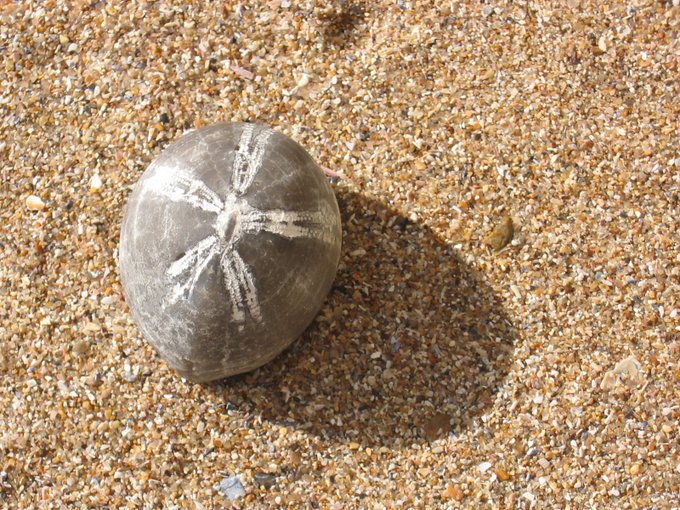Bird-rabbit hybrid by Albrecht Duerer. I think the bird might be an owl, so I love them even more.
(Click on image to see the whole of the image)
A Neanderthal Cave site in Iraqi Kurdistan, Shanidar 4, revealed pollen of various plants in the soil next to human skeletons, pollen of plants that are still used as healing plants today, including Yarrow and Hollyhock. #FolkloreThursday
Shamans are said to travel into the depths of the ocean to appease Sedna, Inuit goddess of the sea, mother of seals, otters and whales, to ensure good hunting. Frequently they attempt and gain favour by brushing her hair #FolkloreThursday
There’s much folklore around fossilized sea urchins, perfectly shaped and precious stones that they are.
In 1887 a round barrow on Dunstable Downs was excavated unearthing two skeletons, a woman and a child, surrounded by more than 100 fossilized sea urchins #FolkloreThursday
Hekate sculpture, now exclusively available from @treadwells.
Hekate, goddess of the crossroads, the underworld, witchcraft, night, hounds. Offerings to her left at crossroads were called Hekate's Suppers, Hekataia. #hecate #Hekate
La Virgen de Guadalupe, Lady of the stars, the moon and the sun, flowers and foliage. Patron saint of Mexico. According to story she appeared to Juan Diego (his original name was ‘Cuauhtlatoatzin’, “the Talking Eagle’) in December 1531 as a native Princess. 1/5
#FolkloreThursday
Woke up very early this morning and went through my sketchbooks. Here are some sea-related sketches. The personnages in the images are based on the markings of stones I found. By the sea. Some are based on dreams, and in the b&w I tried to recreate the stone I found in a dream
I’ve always found Baba Yaga’s hut fascinating. Not stationary, but walking, spinning, dancing on chicken legs. And Baba Yaga herself travelled in a pestle and mortar. Baba Yaga hut artwork by me. Baba Yaga with pestle and mortar: Ivan Bilibin #FolkloreThursday





























